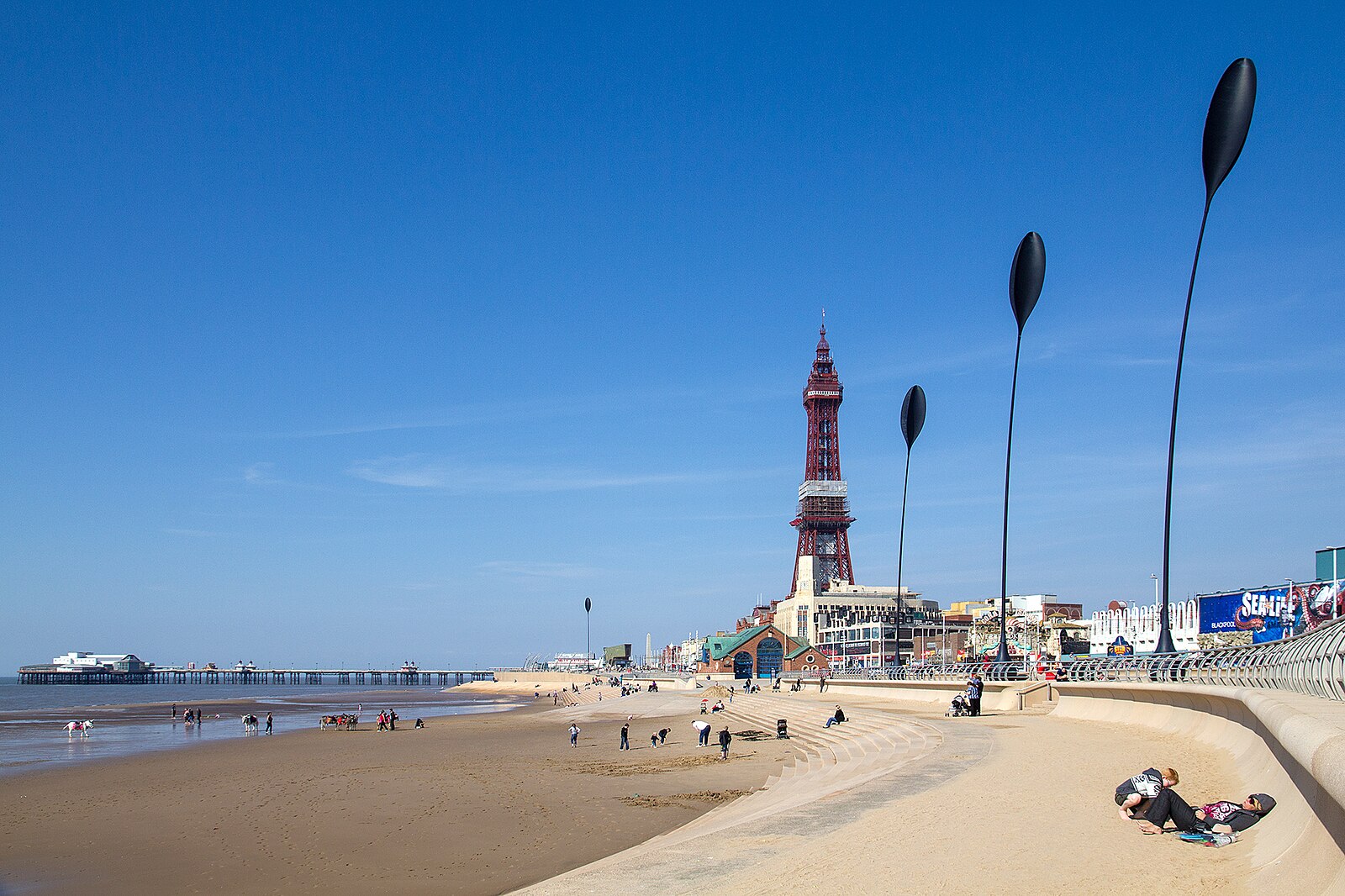Coastal and rural would-be students ‘held back’ from attending university as rural-urban divide widens
Coastal and rural areas are becoming higher education ‘cold spots’, new research has found, with the government being warned it must tackle rural-urban disparities or risk exacerbating inequalities.
The report, published by the Ruskin Institute for Social Equity (RISE), found that students from free school meal backgrounds in rural areas are 12% less likely to progress into higher education than young people of the same background in urban areas.
It also concluded that pupils from coastal communities are 11% less likely to go on to university than their peers living inland.
The study […] found an increase of almost 10% in the urban-rural gap over the last decade, with fears raised that the ‘chances of higher economic growth’ will be reduced without action
The study, which analysed government data from 2022-23, found an increase of almost 10% in the urban-rural gap over the last decade, with fears raised that the “chances of higher economic growth” will be reduced without action.
In its recommendations, the report suggests an approach of setting specific local targets to develop educational participation, rather than prioritising the challenges facing individual universities.
RISE’s report also advises for a comprehensive audit to be undertaken by the Government in order to highlight exactly where the higher education ‘cold spots’ are located. Herefordshire, Somerset, and Devon are among the rural communities currently with the lowest higher education progression rates.
[The progression gap] will make the government’s missions on opportunity and growth hard to achieve, and a new focus on widening access to higher education is required
Graeme Atherton, Head of RISE
Graeme Atherton, the head of RISE and the report’s lead author, said that the “aspirations of individuals and communities who live on the coast or in rural areas to progress are being held back” by the progression gap.
He continued: “This will make the government’s missions on opportunity and growth hard to achieve, and a new focus on widening access to higher education is required.”
The report also had a broader political message for the current Labour government, as it warned that failure to address low numbers of participation in rural areas could “hand votes to its political opponents on the right” with voters in the so-called ‘cold spots’ voting for these parties which the report claims “prey on communities alienated from education opportunities”.
The findings in RISE’s study also align with another recent study, conducted by the Sutton Trust, which found that the top 20 constituencies for opportunity can all be found in London. Only eight of the top 50 are outside the capital.

Comments